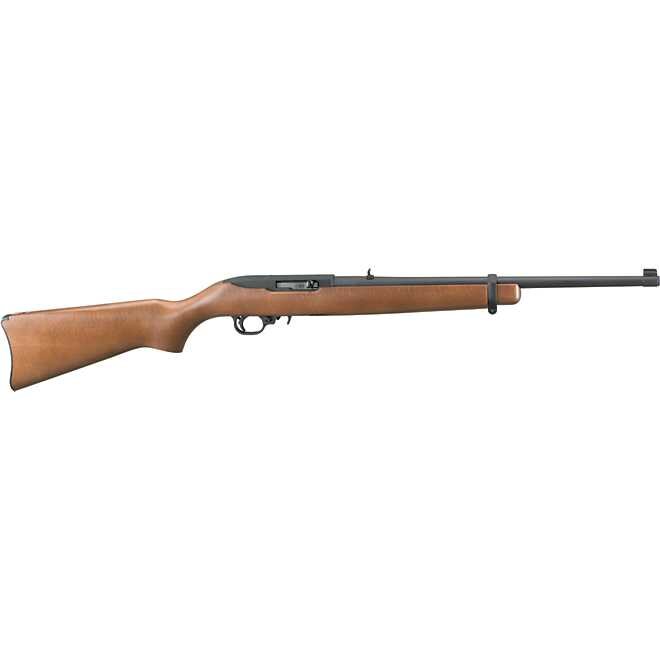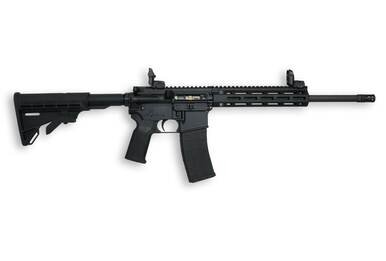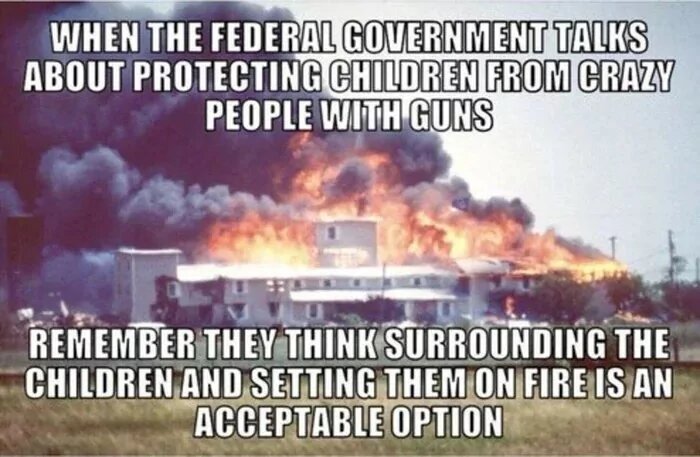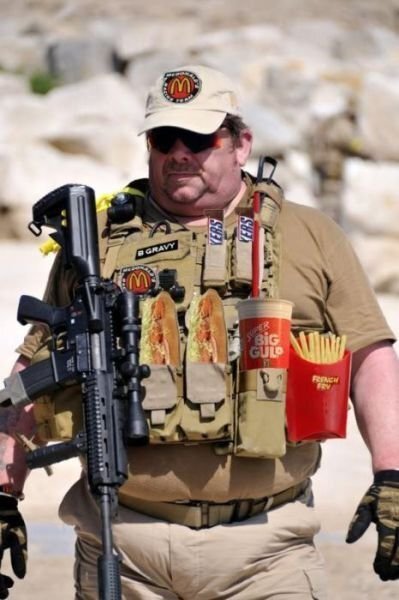@
Quetzalcoatlus You requested a brief discussion of gun control laws, gun ownership rates, and gun violence in Switzerland. Please note that this memo is based on the French version of the laws (enclosed); the laws are not available in English.
SUMMARY
Swiss federal gun laws entitle citizens to acquire, own, and carry most types of weapons. But, they bar certain types of weapons and require a person to obtain a permit to acquire a gun from a dealer, although not from a private party. A gun owner must have a permit to carry a gun in public for purposes other than hunting or military training. He must demonstrate a need for this permit, which can include self-defense. The law also regulates the manufacture, commercial sale, import, export, and transportation of weapons. Violators are subject to fines and imprisonment. Several cantons (states) have additional provisions that are not discussed in this memo because their laws are not readily accessible.
The gun ownership rate in Switzerland, which requires most adult men to store military weapons in their homes, is substantially higher than other European countries but substantially lower than that of the United States. In spite of the prevalence of guns, gun violence is uncommon in Switzerland relative to most European countries and the United States.
SWISS GUN LAWS
In 1993, Swiss voters accepted a constitutional amendment that authorized parliament to pass a "gun-abuse" law. The law was adopted in 1997 and went in effect in 1998. It preserves the right of citizens to acquire, own, and carry guns, including Swiss military-issue arms. But it bars certain categories of arms such as fully automatic guns, dangerous weapons such as stun guns, and accessories such as silencers and night vision scopes.
The law requires a permit to acquire a gun from a dealer and bars sales to minors, repeat criminal offenders, and people determined by the courts to be violent or dangerous. A permit is not needed to acquire a weapon normally used in conjunction with governmentally recognized hunting or shooting organizations. Private sales do not require a permit, but the seller cannot transfer weapons to a person barred from owning a weapon. The seller must check the buyer's identification card to determine that he is at least 18 years old. A record must be made of both commercial and private transactions and retained by both parties for 10 years.
The right to carry a gun for other than hunting or military training purposes requires proof of legitimate need, which can include self protection and the protection of property. The applicant must also demonstrate that he is proficient in the use of the weapon and understands the gun law. The permit is valid for up to five years. Weapons, munitions, and accessories must be stored safely in a place that is inaccessible to unauthorized people. The loss of a weapon must be immediately reported to the police. Weapons can be transported freely, so long as they are kept separate from munitions.
The law also governs the manufacture, importation, and exportation of weapons, and imposes record-keeping requirements on gun dealers. Violators are subject to fines and imprisonment. In the case of intentional violations of laws governing transfers, importation, and exportation the minimum penalties are five years in prison and a fine of 100,000 Swiss francs (approximately $69,000).
GUN OWNERSHIP RATES
Switzerland, a country of seven million inhabitants, has approximately two million guns, including 600,000 assault rifles. The ownership rate is substantially higher than other European countries, but is substantially lower than the U.S. rate. While there is no authoritative count, most estimates for the number of firearms in this country (population approximately 270 million) fall in the 200 to 250 million range.
Swiss law requires most men to serve in the army and to keep weapons. All Swiss men, other than those with medical exemptions, serve in the army between the ages of 20 and 42 (52 for senior officers). Women can join the army as volunteers. Members of the army keep their guns—fully automatic assault rifles or pistols -- and a small supply of ammunition at home. According to the Swiss Constitution, upon completion of military service, the gun becomes the property of the soldier. Assault rifles are then transformed into semiautomatic weapons.
GUN VIOLENCE
According to the Swiss Embassy, the use of firearms in crimes in Switzerland is relatively rare. In 1995, 65 guns were used in attempted or successful homicides, 73 to inflict bodily harm and another 366 in armed robberies. The embassy's Website (http://www.swissembassy.org) discusses the relationship between the country's gun ownership rate and the criminal use of laws. It also has a dated discussion of the country's gun laws and a link to them. The on-line version of the law is available in French, German, and Italian, but not English.
According to research conducted in 1989 by David Kopel, who has conducted several studies of the effectiveness of gun law, the firearms homicide rate in Switzerland was somewhat higher than that of the Netherlands, England, and Wales all of which have lower gun ownership levels and more stringent gun control laws. On the other hand, the homicide rate in Switzerland was somewhat lower than that in Belgium, France, and Germany, which also have more stringent gun control laws.


























